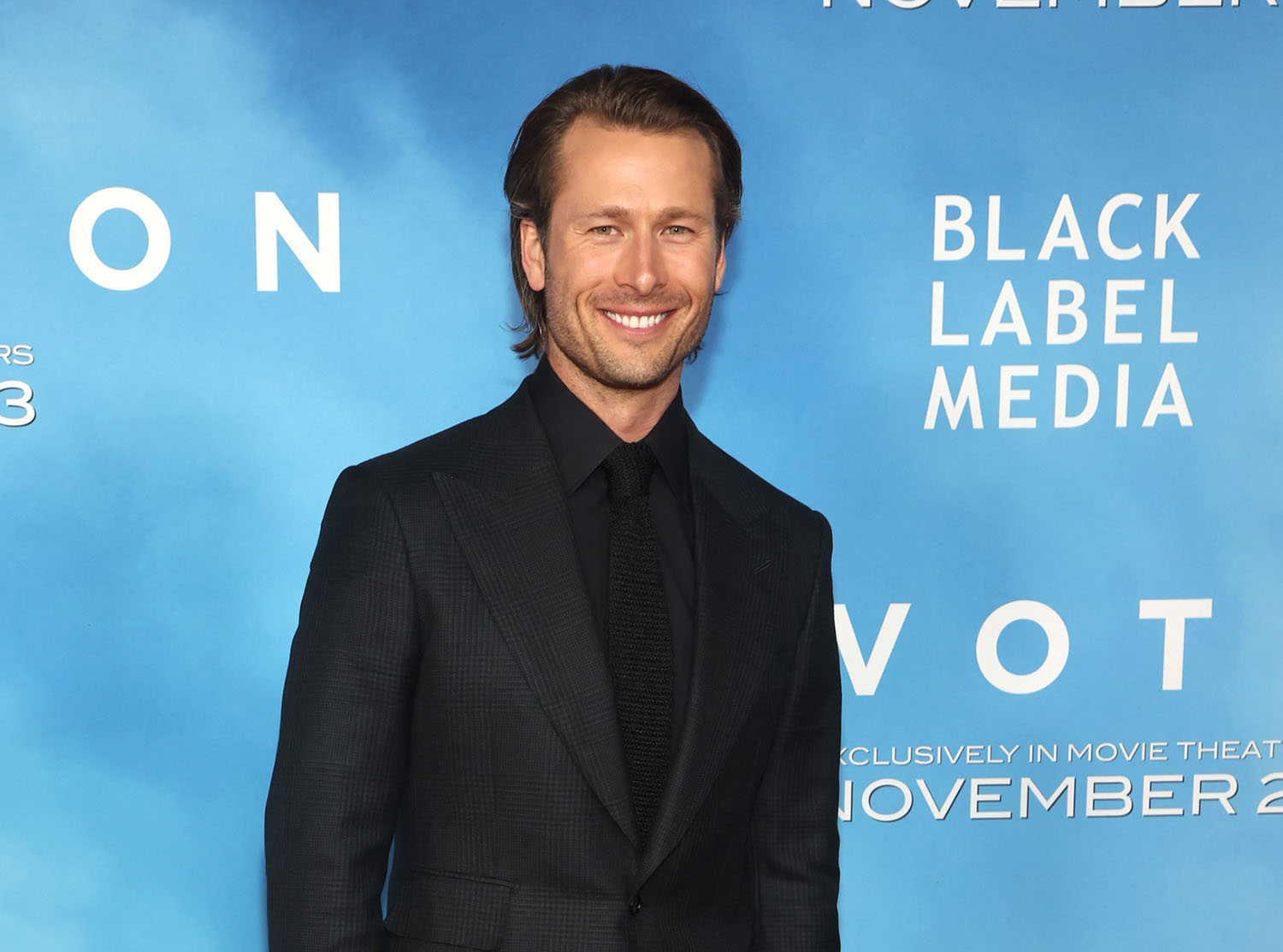Intro for May 19, 2023



Dear Gossips,
Earlier this week, a group famous Texan men appeared in a PSA touting support for a bill in the state legislature that would open up tax incentives and funding for film and television productions in the state. Film productions are very lucrative, and in the last few years have bolstered neighboring Oklahoma’s economy significantly, not to mention what becoming production hubs has done for the states of New Mexico and Georgia over the last 10+ years.
Texas is watching their neighbors get plump in the pocket by attracting productions to their states, and now they want their piece of the pie, too. The PSA features Matthew McConaughey, Dennis Quaid, Owen Wilson, Woody Harrelson, Billy Bob Thornton (not Texan, but played Davy Crockett once), and Glen Powell. You can see it here:
Back in the 2000s, Texas had a solid incentive program that attracted productions like Friday Night Lights to the state, but as can often happen with tax rebate programs, especially those aimed at the entertainment industry in conservative states, it got dubbed “corporate welfare” and the incentives were slashed, and then New Mexico, Georgia, and Louisiana—as it recovered from the devastation of Hurricane Katrina—picked up the slack.
But film incentives aren’t corporate welfare. Sure, a state might give tens of millions back to the production in rebates, but the production inevitably pumps more into the state, especially if you get a big budget production (like Powell’s new movie, Twisters, currently filming in Oklahoma). Productions need housing, food, electricity, water utility, et cetera. And if your state graduates to hub status, like Georgia, now you’re looking at a permanent influx of skilled laborers and consistent need for the housing and amenities to support the working class that goes with film production.
But this appeal to film in Texas in the year 2023 is rubbing some people the wrong way, given the state’s appalling track record on human rights and gun safety. Reader Rachel first brought this to my attention, specifically highlighting the number of comments on Powell’s Instagram about supporting the state when it’s making the lives of so many people not just difficult, but literally impossible.
Unfortunately, it doesn’t matter. Georgia has had controversial and damaging reproductive healthcare laws for years now, and production hasn’t slowed down. As anti-abortion and anti-LGBTQ+ bills have proliferated through states with attractive film incentives—Oklahoma and Louisiana aren’t any better on these matters than Texas—productions have not stopped. Some studios have said they would cover associated costs if a woman employed in one of these states needed healthcare she couldn’t access, but so far, there’s been no test case, at least not publicly.
I’m from Texas. I miss it a lot (especially in the dead of a Chicago winter), and sometimes I browse Austin’s Zillow listings, dreaming of a screened porch and live oaks. But then I remember that I have fewer human rights there than I do in Illinois, and I don’t HAVE to live there, I can afford to stay in Chicago, where, yes, we have a lot of gun violence, too, but the state has enshrined things like birth control access into law. I’m safer here than I am in Texas, and that breaks my heart. I want Texas to thrive, I want people to have good jobs and plentiful work, just like I want their kids to come home from school and people who need reproductive healthcare to have free and unfettered access to medical services. I know bringing film productions to Texas would help Texans, but I also know that money won’t go to things like free lunch programs and gun control and public health clinics.
But it is interesting that the PSA for the film industry in Texas features no women and no melanin. That doesn’t seem entirely coincidental. People who look like Glen Powell are safest working there.
Live long and gossip,
Sarah
